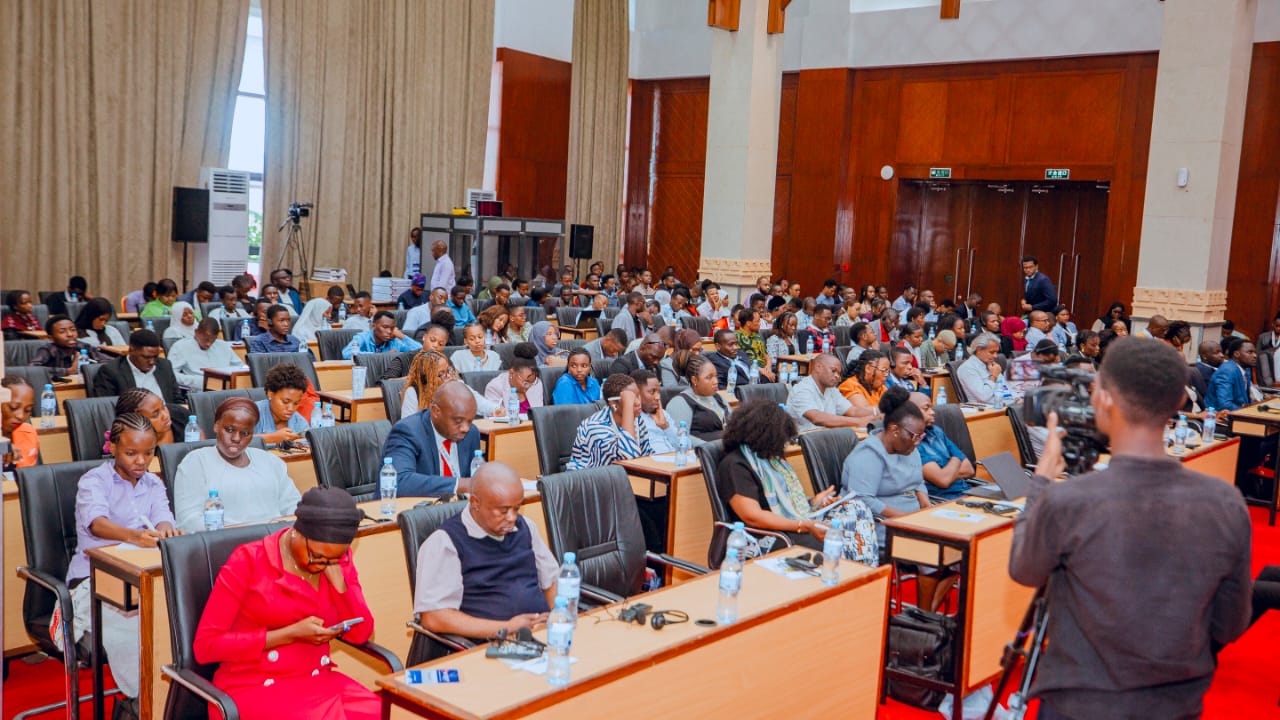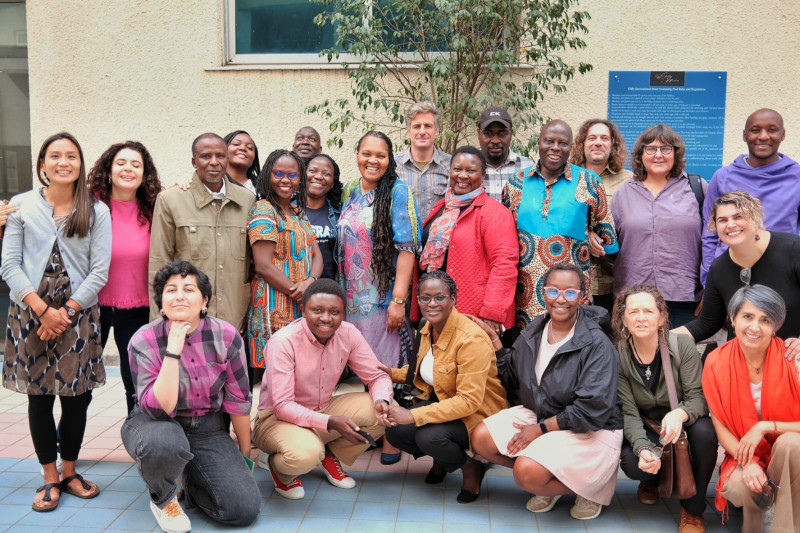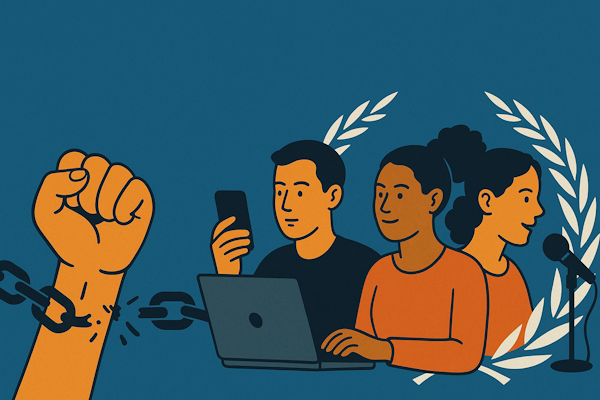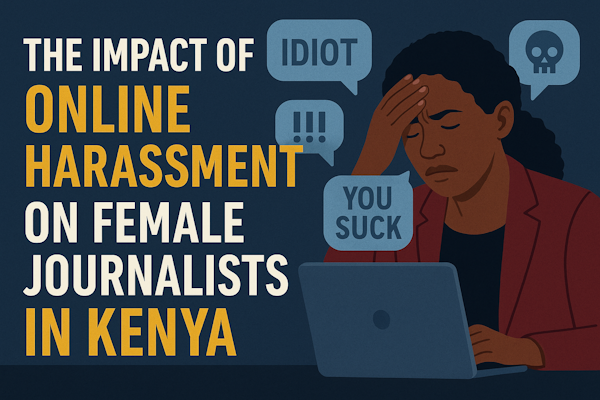On May 29, 2025, Dar es Salaam, Tanzania, became the epicenter of a powerful youth-led digital revolution. Held as a pre-event to the 14th Africa Internet Governance Forum (AfIGF), the Africa Youth Internet Governance Forum Youth Track brought together energetic and passionate young delegates from over 40 African countries. The goal? To equip Gen Z and other young Africans with the knowledge, tools, and inspiration to shape digital policies and assert their rightful place in internet governance dialogues.
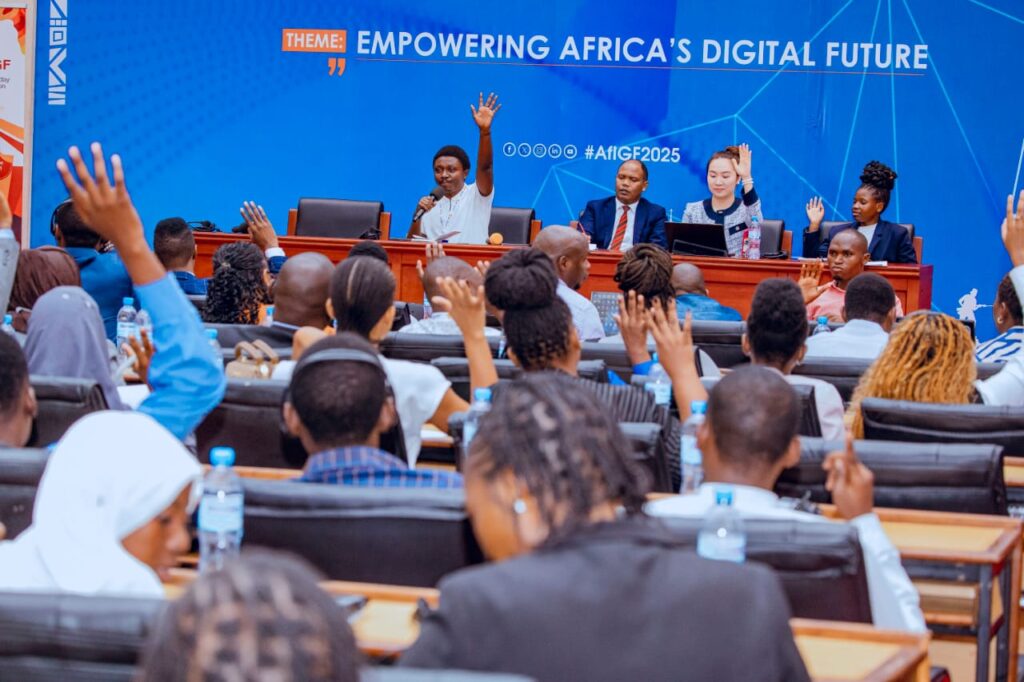
The central theme resounded clearly-Youth must be at the heart of internet governance. As digital natives, young people navigate and build the online world daily, yet their voices are often underrepresented in the policy spaces shaping that very ecosystem. Stakeholders, including Members of Parliament (MPs), emphasized that empowering youth in digital spaces is a collective responsibility, not solely that of governments but a shared duty among civil society, the private sector, and youth themselves.
The day kicked off with a session on Digital Identity & Borderless Opportunity, a workshop designed to demystify digital identity systems and their connection to economic opportunities under the African Continental Free Trade Area (AfCFTA). Using real-life examples like Rwanda’s e-ID and Ghana’s mobile wallet interoperability, youth learned how secure digital IDs can unlock access to banking, healthcare, and even cross-border business. The session drove home a critical point: when youths understand their digital rights and identities, they gain power to transcend limitations and engage in Africa’s digital economy meaningfully.
The African Youth brought to light pressing challenges faced in the digital space. The delegates from across the continent shared personal stories of losing access to their accounts without explanation, experiencing complete social media shutdowns during elections or protests, and facing repressive internet laws that stifled their ability to speak out or conduct online businesses. These experiences underscored a growing concern that content moderation, when applied without transparency or local context, often becomes a tool for silencing dissent and minority voices rather than protecting users. The sentiment that echoed clearly was that:
“Content moderation must not become a tool to silence minority voices.”
Participants emphasized the urgent need for youth-inclusive digital policies and accountability from both governments and tech platforms. They called for clearer guidelines, better appeals processes, and a rights-based approach to content governance that protects freedom of expression while upholding digital safety.
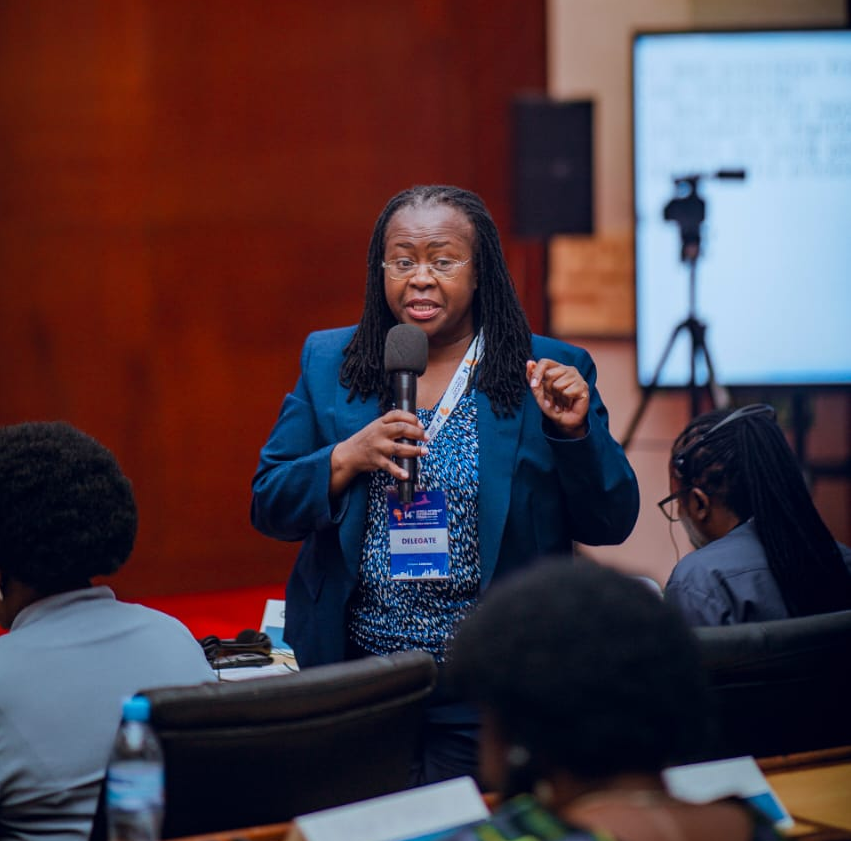
Kenyan Senator - Catherine Muyeka addressing the youths during the AfYIGF session
One of the most impactful moments of the day came during the session Youth and MPs – Intergenerational Dialogue on Digital Governance. In a rare show of unity, young people sat face-to-face with parliamentarians from across Africa to candidly discuss their digital realities. In her comment, Kenyan Senator Catherine Muyeka reminded the attendees of their duty in shaping internet policies and procedures, “While laws must follow due legislative processes, youth engagement is key to crafting inclusive digital frameworks,” she affirmed. MPs assured the young leaders that their concerns were heard and encouraged them to use formal channels to influence change.
With the rapid digital transformation and the need to adopt digital identity systems in African countries, another important session explored how digital IDs, like Rwanda’s e-ID and Ghana’s mobile wallets can unlock cross-border opportunities under AfCFTA. While digital IDs promise access to services, trade, and mobility, challenges such as limited connectivity, lack of awareness, and exclusion from ID systems persist. Youth also voiced concerns about data privacy and the need for inclusive design. Despite these hurdles, the session emphasized that with the right support, digital IDs can be powerful tools for youth to thrive in Africa’s digital economy.
The forum concluded with critical recommendations:
- Governments and stakeholders must invest in digital education
- Making tech and digital-focused courses free, accessible, and relevant.
- National digital strategies should reflect youth priorities, aspirations, amplify their innovations, and include them in decision-making processes.
- Most importantly, youth participation in governance must move beyond tokenism to genuine influence and co-creation
As the Africa young IGF 2025 came to an end, the youth were reminded that they are responsible for the continent’s digital destiny. And they’re constantly prepared to lead, not merely take part, as the culture in similar Youth IGF engagements.
The Youth Track of the AfIGF serves as a platform to empower young people to engage meaningfully in Internet governance. Through targeted workshops, interactive sessions, and mentorship, it builds the capacity of Africa’s emerging digital leaders by equipping them with the tools, insights, and connections necessary to shape a more inclusive, open, and forward-looking digital future. It is a space where youth voices actively contribute to the development of internet policy and technology across the continent.

